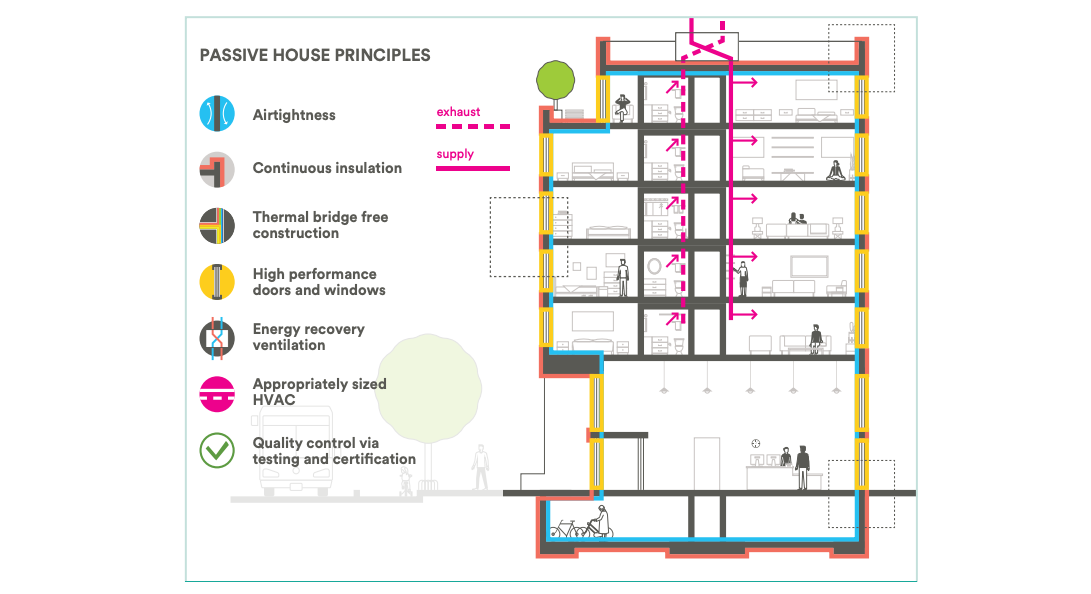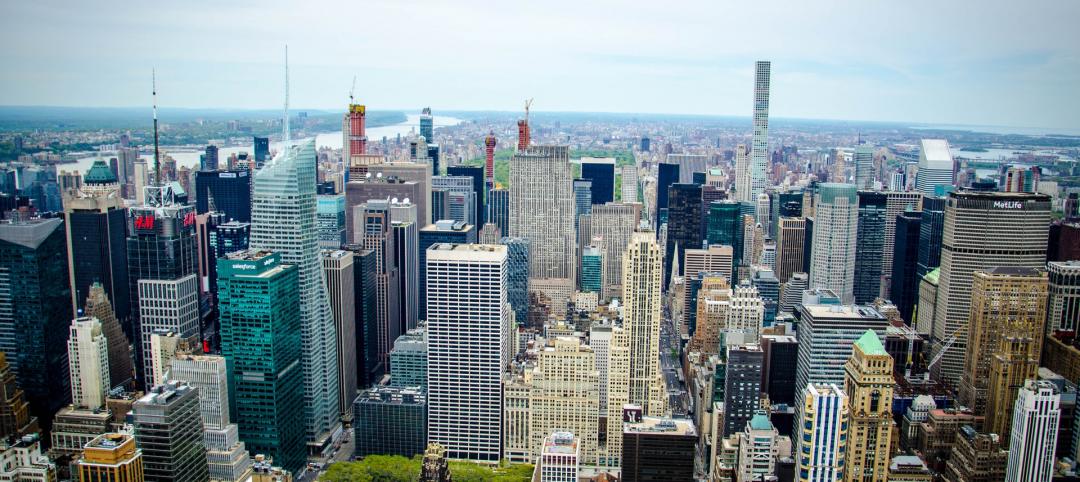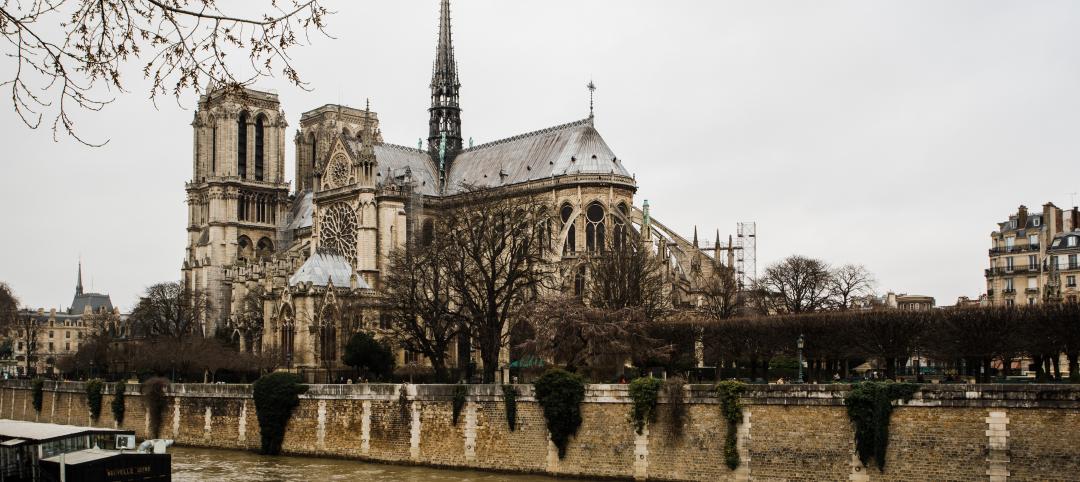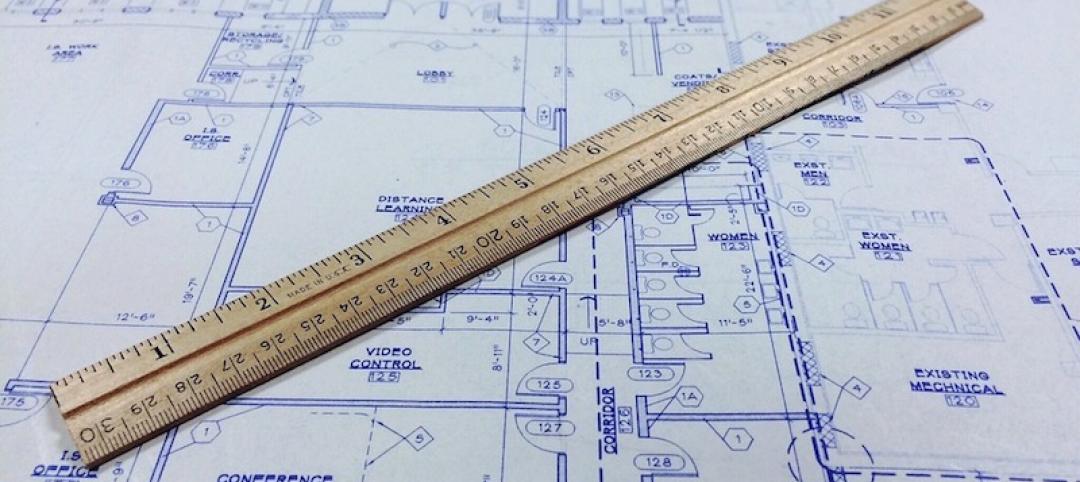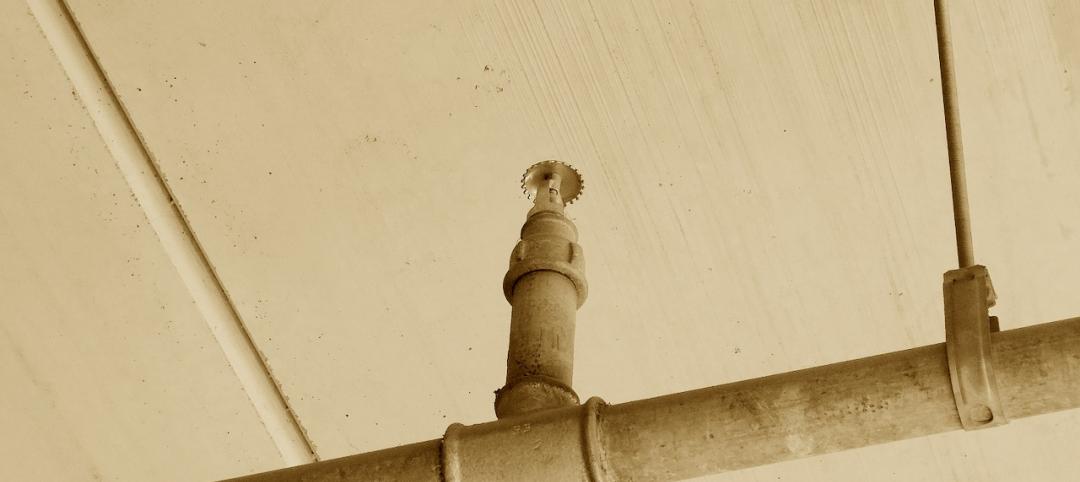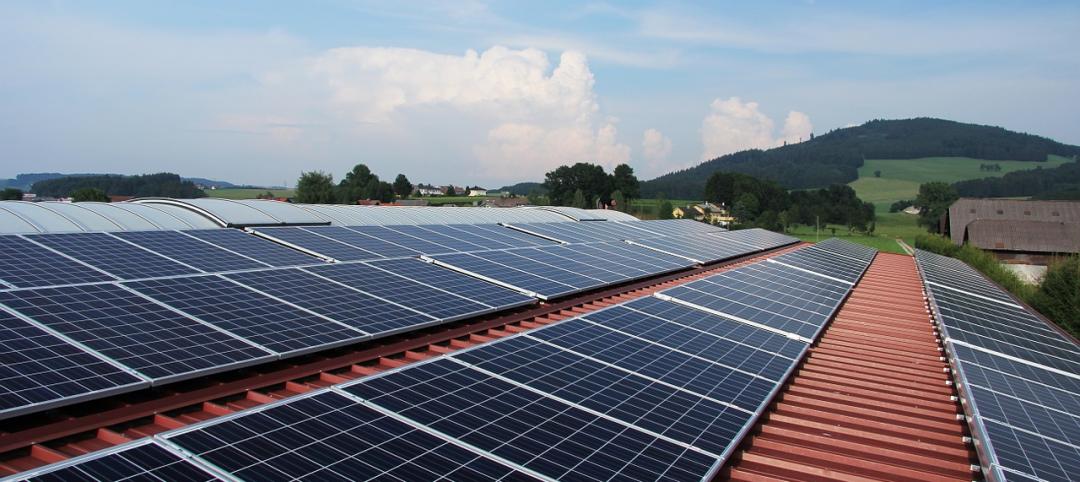A recent study from the New York City Department of Housing Preservation and Development, the Community Preservation Corp., BrightPower and Steven Winter Associates, found that multifamily dwellings built to Passive House standards significantly outperformed conventionally built buildings in energy efficiency.
The study compared Passive House structures to two control groups: one consisting of New York City multifamily buildings built before 2003, and the other comprised of conventional new construction properties built after 2003. When comparing energy use, the Passive House buildings outperformed the post-2003 buildings by 32% to 58%.
Passive House upfront costs are up to 5% higher than conventionally built structures. But, the report asserts that the cost premium is likely to decrease as components become more widely available and cost-efficient.
Obstacles to wider Passive House adoption include a lack of experience and familiarity with the process of designing and building larger-scale Passive House developments among contractors and owners. The study also found that Passive House residents enjoy more consistent interior temperatures, humidity levels, and better acoustic comfort than those living in traditional buildings.
Related Stories
Codes and Standards | May 7, 2019
Office noise significantly reducing employee concentration, productivity, and creativity
Workplace distractions cause some to choose to work remotely.
Codes and Standards | May 7, 2019
WSP USA says it will be carbon neutral in 2019
Engineering firm will offset carbon at all offices and with employee business travel.
Codes and Standards | Apr 25, 2019
Report: Contractors invest $1.6 billion in workforce development annually
ABC members increased training spending 45% from 2013, according to a new report.
Codes and Standards | Apr 25, 2019
New York City’s Green New Deal would ban all-glass skyscrapers
The ambitious plan would also boost affordable housing, reduce building emissions, and update codes to account for sea level rise.
Codes and Standards | Apr 25, 2019
Chicago, Houston, and Dallas deemed ‘most dangerous cities for migratory birds’
The three cities are in the heart of North America’s most trafficked aerial corridors.
Codes and Standards | Apr 19, 2019
Notre Dame fire highlights danger of renovating historic structures
The devastating fire at Notre-Dame de Paris is the latest blaze to damage or destroy historic buildings while undergoing renovations. It highlights how vulnerable such structures are to fire while undergoing repairs.
Codes and Standards | Apr 19, 2019
Developers and owners can now join AIA 2030 Commitment
Organization offers tools and resources for working toward net-zero design.
Codes and Standards | Apr 19, 2019
New method of manufacturing cement removes CO2 from the air
Breakthrough could have significant impact on reducing greenhouse gas emissions.
Codes and Standards | Apr 12, 2019
Deadline nears on New York City sprinkler requirement for tall office buildings
The mandate applies to all buildings regardless of when constructed.
Codes and Standards | Apr 8, 2019
LEED v4.1 now available for cities, communities, residential/homes
The rating system emphasizes performance monitoring, fully integrated design, social equity, and human health.


